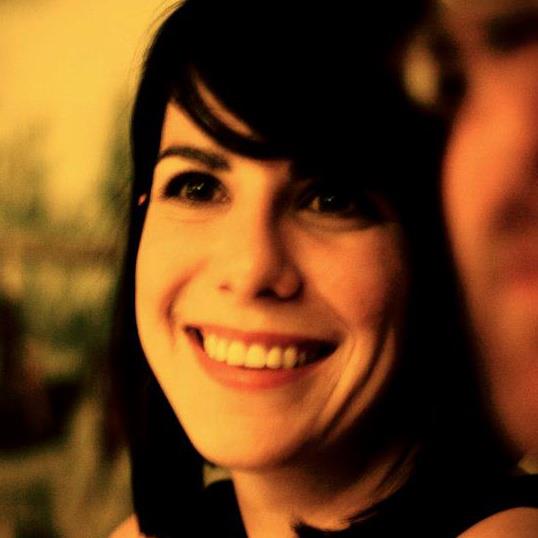 I originally read Orlando for my very first English course of my undergraduate career, ENG120: Contemporary Fiction. Our prof was a little nuts (one of his claims to fame was playing a ninja in a martial arts movie filmed in Alberta. He was short and had extremely curly blond hair. Not exactly the most congruous picture), and it was almost the worst English class that I've ever taken (that prize goes to ENG252: Canadian Literature, which was taught by a professor who was born to British parents, raised in Korea, and had only lived in Canada for a couple of years before teaching this course. Not exactly an expert, if you get the drift.) But in 120, we read Orlando, and I got my first taste of Virginia Woolf.
I originally read Orlando for my very first English course of my undergraduate career, ENG120: Contemporary Fiction. Our prof was a little nuts (one of his claims to fame was playing a ninja in a martial arts movie filmed in Alberta. He was short and had extremely curly blond hair. Not exactly the most congruous picture), and it was almost the worst English class that I've ever taken (that prize goes to ENG252: Canadian Literature, which was taught by a professor who was born to British parents, raised in Korea, and had only lived in Canada for a couple of years before teaching this course. Not exactly an expert, if you get the drift.) But in 120, we read Orlando, and I got my first taste of Virginia Woolf.I have to say that the first time I read it, I was not a huge fan. Woolf is definitely an acquired taste, and coming from HNM, where we read The Great Gatsby, Pride & Prejudice, some C.S. Lewis, and a lot of Shakespeare, she was a bit of a shock. However, I sincerely enjoyed reading it this time around.
Woolf's goal with Orlando was two-fold. One, she wanted to, as she put it, revolutionize biography overnight. Her father, Leslie Stephen, was the editor of the Dictionary of National Biography (still a venerable institution), so she knew exactly what it was that she was revolutionizing. Second, she wanted to write a tribute to the woman some people consider the love of her life, Vita Sackville-West, who the character of Orlando is based on.
Orlando is the "biography" of a young nobleman who starts life in the 1500s and is still living at the end of the book in 1927. Orlando is a writer, ambassador, patron of the arts, and house manager, among other things. He has numerous lovers, and even more numerous adventures. He also begins life as a man and ends it as a woman.
The thing to keep in mind when reading Orlando is that Woolf believes here that gender has little to do with the biological "container" that someone is in. Orlando begins life in a man's body, but ends it in a woman's, and remains essentially Orlando throughout (although Woolf does use the transition to great effect as a way to comment on social expectations for women). Orlando has relationships with both men and women, and sometimes the men are supposed to be men that Woolf and Sackville-West knew, and sometimes they are supposed to be women. Same goes for the girls. It's not confusing as long as you remember that body does not equal gender, which is something that we talk about a lot in my Politics of Early Modern Women's Writing class.
Another thing that I enjoy about reading Orlando is all of the inside jokes between herself and Sackville-West that Woolf inserts. Orlando by the end of the book has been alive for about 500 years, and it has taken her almost that long to complete her poem "The Oak Tree." Here, Woolf is ribbing Sackville-West for taking six years to write her award-winning poem "The Land." Woolf also states over and over that Orlando has fantastic legs, and in her letters and journals, she notes that Vita's legs were her most attractive feature.
If you're interested in reading some of Woolf's work, Orlando is a good place to start. It's light, fun, and more straightforward in terms of writing-style than some of Woolf's other books. A highly enjoyable read that still challenges your mind.









No comments:
Post a Comment